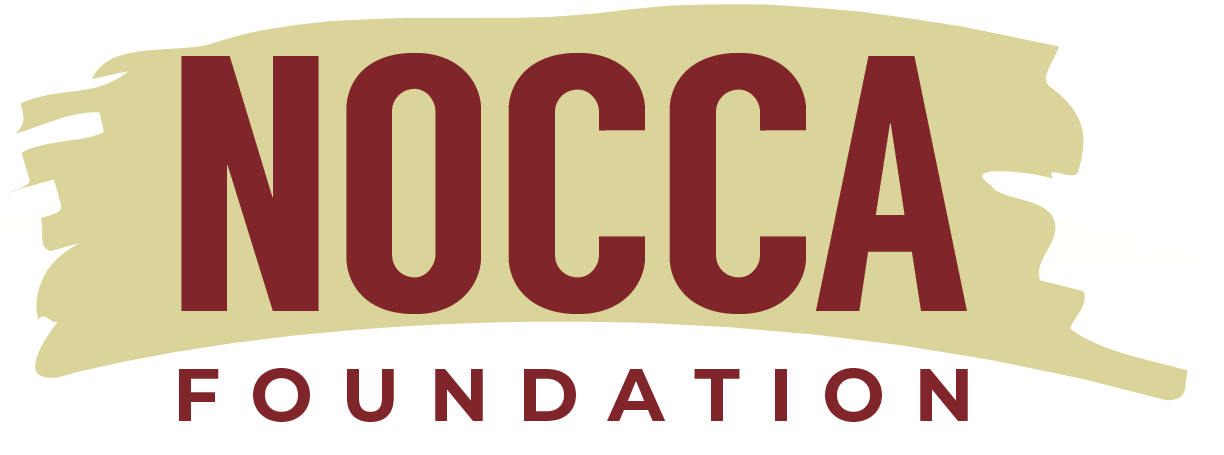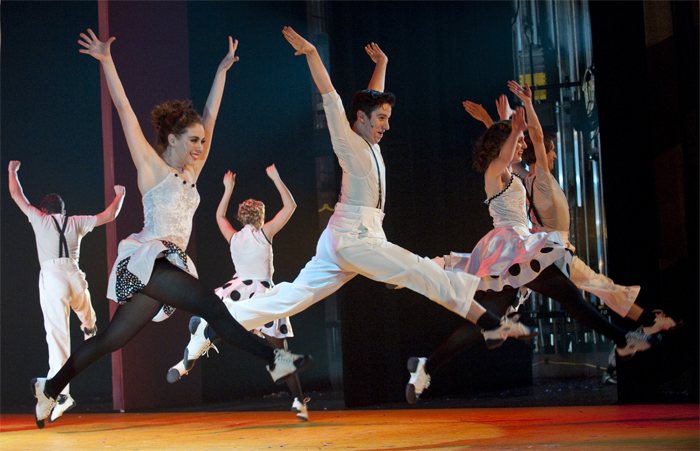Both discovery phases have led us to the development of the Academic Studio: a learning environment that will capitalize on NOCCA’s distinctive initiation model of education and strengthen all of student learning by connecting science, math and the humanities to intensive arts-training.
At NOCCA, students are required not only to study the arts, but also to be professional artists. The same will hold true within the Academic Studio where students will approach science as if they were young scientists. Admission will continue to be by arts audition, but those students choosing to participate in the full day program will be mentored by physicists and mathematicians just as they are mentored by recording engineers and jazz musicians. Their learning will be cross-disciplinary (across arts and academics as well as within). It will be project-based and multi-modal to accommodate different learning styles. It will meet students where they are in terms of their prior academic knowledge and preparation, and map academic sequencing with skills required for artistic training. (For instance, Level I Media Arts students must master properties of light and sound waves currently not taught until the 12th grade per Louisiana grade level standards.) And it will lead to TOPS eligibility as a minimum standard.
This spring, we formed an Advisory Council of international leaders in science, math, design and education. The council includes a member of NASA’s Mars Exploration Rover mission, the former director of Apple’s multi-media lab, and the director of Educational Innovation and Technology at MIT.
They have posited critical questions: What happens when science and math are taught as an art, as a constant process of curiosity and discovery? What happens when students have a visual arts and a science mentor? What happens when students bring the passion they have for one subject – their art – to their comprehension of how to approach other subjects? And most importantly, what happens at the edges when math and science cross paths with arts and passion? The possible answers have excited everyone on NOCCA’s campus.
Given all that we have learned during the exploratory process, NOCCA has determined to implement core academic courses via an iterative and incremental process. What we learn in one phase will be passed on to the next phases and courses. The first course, science, is being developed in collaboration with the Exploratorium, San Francisco’s renowned museum of science, art and discovery. Human Perception has been chosen as the first module to be piloted as it provides students a way into science that is strongly connected to their inquiry in the arts.
We also look to work with best-in-class partner institutions and share learning with schools, universities and innovative institutions across the region and country. Central to this will be the development of the Open Classroom in which learning will be globally connected, technologically enabled and highly differentiated to meet the needs of NOCCA’s diverse range of learners.

